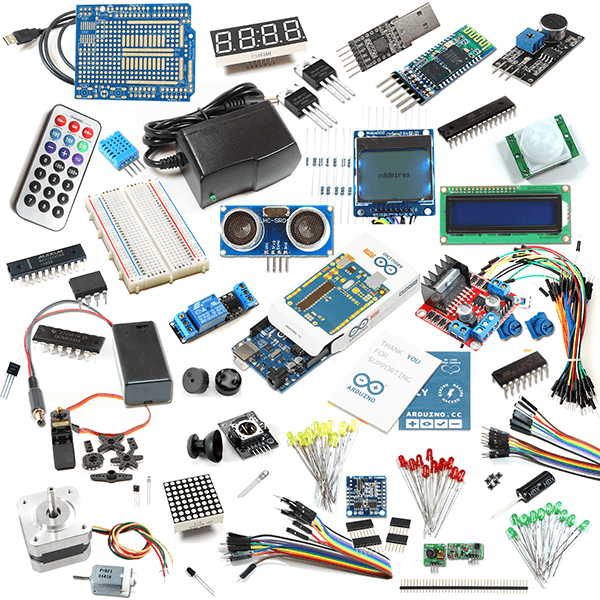Decoding Resistance: A Deep Dive into the 3 Major Types of Fixed Resistors
2 min read
In the intricate world of electronics, resistors play a pivotal role in controlling the flow of electric current. Among the diverse array of resistors, fixed resistors are a cornerstone in circuit design. In this comprehensive exploration, we unravel the complexities of fixed resistors, focusing on the three major types that form the backbone of electronic applications.
1. Carbon Composition Resistors: The Traditional Workhorses
Overview:
Carbon composition resistors represent a classic and enduring design. Composed of a mixture of finely ground carbon and an insulating ceramic binder, these resistors were prevalent in early electronic devices and continue to find applications in specific scenarios.
Characteristics:
- Moderate precision and stability.
- Tolerance ranges typically from 5% to 10%.
- Suitable for general-purpose applications where precision is not critical.
Applications:
- Audio applications.
- General electronics prototyping.
- Low-frequency applications.
2. Film Resistors: Precision and Stability Unleashed
Overview:
Film resistors, whether metal film or carbon film, have become synonymous with precision and stability. These resistors employ a thin film of conductive material on an insulating substrate, offering improved performance over carbon composition resistors.
Characteristics:
- Higher precision and stability compared to carbon composition resistors.
- Tolerance ranges commonly range from 1% to 5%.
- Suitable for applications demanding greater accuracy.
Applications:
- Signal processing circuits.
- Audio amplifiers.
- Precision voltage dividers.
3. Wirewound Resistors: Robust and High-Power Handling
Overview:
Wirewound resistors are characterized by a wire wound around an insulating core, providing excellent power handling capabilities and robust performance. These resistors are ideal for applications where precision and high power dissipation are critical.
Characteristics:
- High precision and stability, especially in high-power scenarios.
- Tolerance ranges typically range from 1% to 5%.
- Excellent heat dissipation capabilities.
Applications:
- Power supplies and voltage regulation.
- Industrial automation.
- High-power electronic circuits.
Conclusion: Navigating the World of Fixed Resistors
In conclusion, understanding the nuances of the three major types of fixed resistors—carbon composition, film, and wirewound—empowers engineers and enthusiasts alike in designing circuits tailored to specific needs. While carbon composition resistors retain a place in electronics history, film and wirewound resistors represent advancements in precision and power handling capabilities. Whether you're working on audio applications, precision circuits, or high-power industrial systems, the right choice of fixed resistors is key to achieving optimal performance in your electronic designs.
